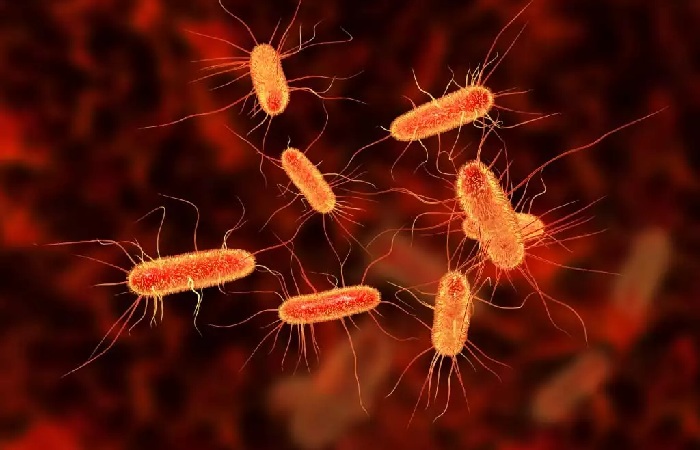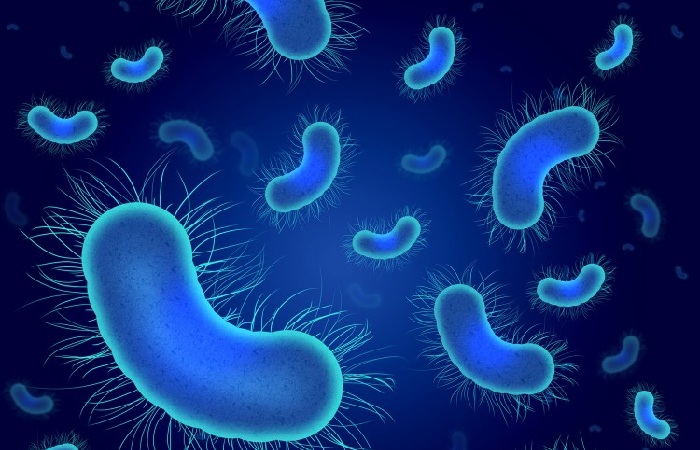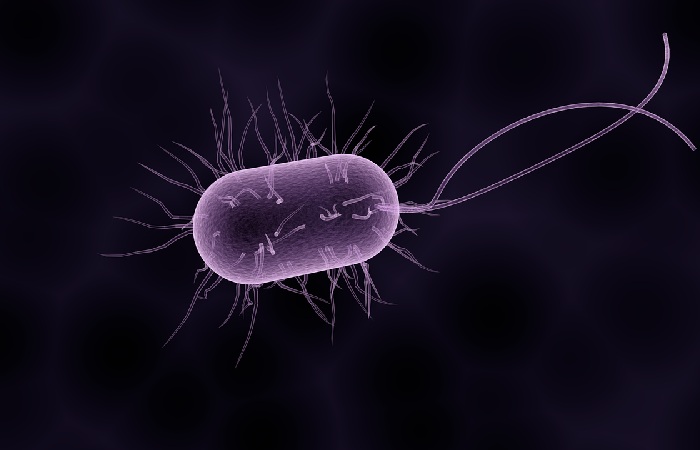Table of Contents
Introduction
Your Body is entire with millions and millions of intestinal bacteria, collectively known as the microbiome. Imagine a city on a weekday with sidewalks full of people hurrying to get to work. Now visualize that image at the microscopic level, and you will have a general idea of the microbiome’s appearance inside our bodies. Do not panic! These bacteria form a regular and even essential part of the human body.
What Are Intestinal Bacteria?

It is diverse set of bacteria know as intestinal flora, which, as you can imagine, are house in the intestine. This set of microorganisms is careful beneficial since it facilitates many of the everyday actions of the human body.
Each person has an entirely different system of bacteria, which their DNA determines. Initially, exposure to these microorganisms occurs during infancy, when leaving the birth canal and through breast milk.
So, initially, the type of microorganisms each individual is bare to depends entirely on the species found in the mother. Then, exposure to different environments and diets can change the microbiome and bring health benefits or risks.
What are the Bacteria that are Part of the Intestinal Flora?
Although it may seem incredible, the usual thing is that the human Body harbours trillions of microorganisms of thousands of different species. These contain not only bacteria but also fungi, parasites, and viruses.
Large family of bacteria remain typically found within the human intestine, include genera such as Prevotella, Ruminococcus, Bacteroide, and Firmicutes. In the colon, a low oxygen environment, we usually find anaerobic bacteria such as Peptostreptococcus, Bifidobacterium, Lactobacillus and Clostridium.
These micro are thought to prevent excess harmful bacteria by competing for nutrients and space on the mucous membrane of the intestine, which are an essential site of immune activity and antimicrobial protein production.
Are there Harmful Intestinal Bacteria?

This microbiome that we harbour within our bodies consists of helpful and potentially harmful microbes. Most of these have a symbiotic relationship (in which both the human Body and the microorganisms benefit).
However, some of these are pathogenic (promoting diseases) in smaller quantities. In a healthy person, both symbiotic and pathogenic microorganisms coexist peacefully
However, if the balance is upset by infectious disease, specific diets, or prolong use of antibiotics, these everyday interactions end. As a result, the human Body can become more susceptible to infection.
What Effects do Intestinal Bacteria have on the Body?
This set of microorganisms stimulates the immune system, breaks down potentially toxic components of some foods, and synthesizes specific vitamins and acids, counting vitamins B and K. For example, the critical enzymes need to form vitamin B12 are not found in plant or animal, only in bacteria.
Sugars are quickly absorb by the upper part of the small intestine, but more complex carbohydrates like starches and fibre are not as digest and may travel further down into the large intestine. It is there that this set of microorganisms helps break down these compounds with their digestive enzymes.
The fermentation of indigestible fibres promotes the production of short-chain fatty acids, which the Body can use as a source of nutrients, but also play an essential role in muscle function and the prevention of chronic diseases, including certain types of cancer and intestinal disorders.
It may interest you: What are sprouts and their nutritional benefits?
What Happens when the Bacterial Flora Increases?
As detailed previously, many different types of bacteria are house in the intestines, most of which are beneficial to health. However, having too many microbes can lead to illness.
How Do Intestinal Bacteria Affect Our Weight?

As you know, we have both beneficial and harmful microbes in our bodies. These are in balance. However, the loss of balance between them is know as intestinal dysbiosis and can contribute to weight gain.
Probiotics are good foods for the beneficial microbiome and help with weight loss. However, some studies suggest that the effects of probiotics on weight loss are pretty small, and, in some cases, people lose less than a kilo.
Even today, it is impossible to ensure that intestinal bacteria are directly associate with obesity, so only future research could help shed more light on this phenomenon.
Conclusion
Now you know better what intestinal bacteria are and their importance within the Body. If this were a relatively new topic for you, you would undoubtedly now see your Body from a different point of view, more general and complete.
Related posts
Featured Posts
How AI Dubbing Is Changing the Game for YouTube Creators and Influencers
Today, the continuously innovating platform of a global audience that reaches from YouTube to creators and influencers has become their…
Exercises to Have the Best Six-Pack in Summer
Introduction Marking the abdomen area is the goal of true fitness lovers. And, is that this summer you can teach…


